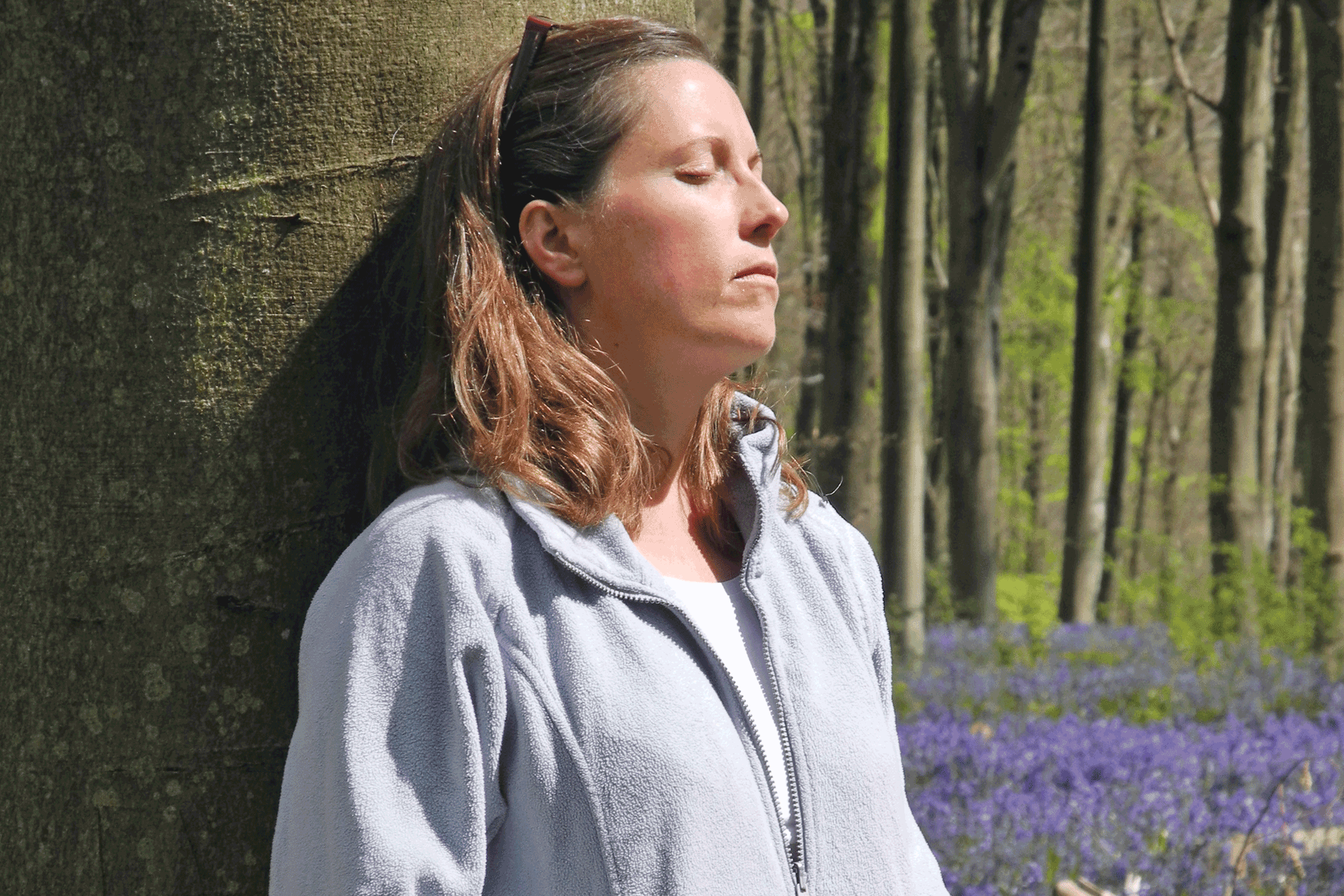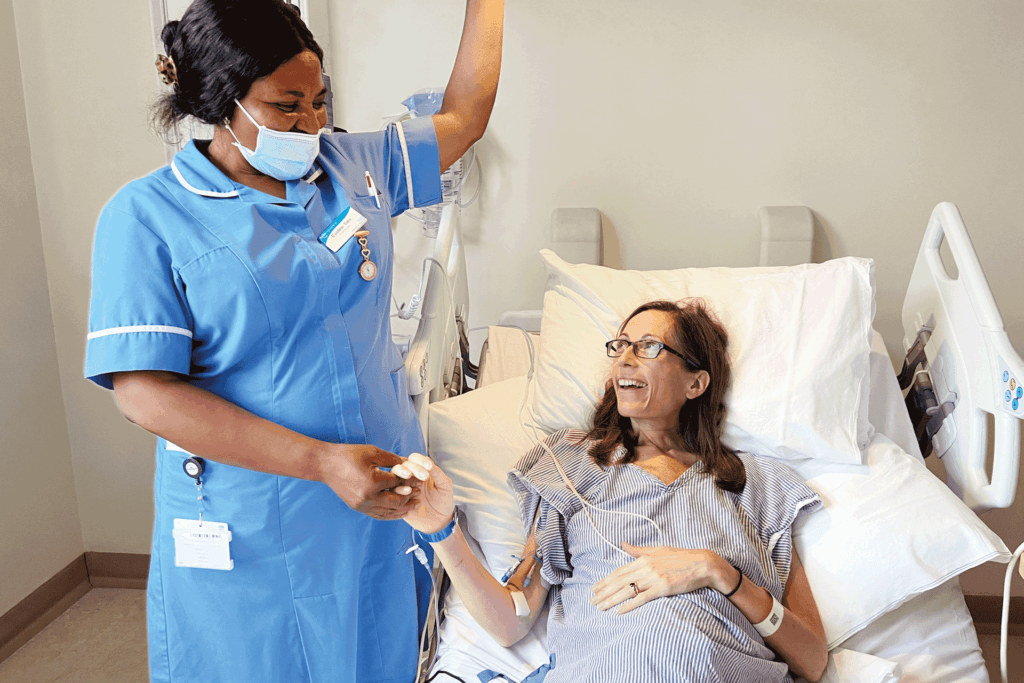Positive Disruptor: James Wallace On The Future of the NHS
By
2 years ago
James Wallace reflects on the NHS, the UK's under-funded life support system

The increasingly privatised and under-funded NHS provides vital and compassionate care, says James Wallace – and it is crucial that we halt its collapse by investing in public services.
The Bittersweet Experience Of Death in the NHS

Becca Wallace
After nine years bravely living with cancer my wife, Becca Wallace, died peacefully on 12 February, aged 45. My teenage daughters, Flora and Annabelle, and I are left grappling with how to bring light into a wife- and mother-shaped abyss. She is everywhere yet we ache for her gentle smile, naughty laugh and calming presence every day.
Emerging from the wrenching pangs of separation, we feel surges of gratitude for the near decade of joy that we had creating memories after Becca’s diagnosis of a rare cancer, Pseudomyxoma peritonei (PMP). Many others die without warning or with just a short period to ready themselves, both as the deceased and their survivors. Shock multiplies grief.
Becca’s life was saved in 2014 after 13 hours of surgery by Brendan Moran and his team at North Hampshire Hospital and the Pelican Cancer Foundation in Basingstoke. Following a gradual recurrence from 2016, for the last two years Becca suffered increasingly with six stays in hospital last year. Throughout, she received the best care the NHS could provide with diminished staff and resources. Love, compassion and support abounded from literally hundreds of people over the years. All paid for by our taxes, and yours.
However, Becca also experienced the harsh realities of NHS cutbacks. Ambulances failed to appear when she had life-threatening sepsis. No beds were available when admitted for severe bowel infections. Endless uncertainty and waiting endured each time her disease threw something new at her. And all the while we witnessed much worse for many other patients as the increasingly privatised and under-funded NHS imploded around us.
Since 2010, UK hospital waiting lists have lengthened from two and a half million to over six million patients. Hospital beds have dropped from 170,000 to 132,000, with just 2.4 beds per 1,000 people compared with 7.8 in Germany. The King’s Fund predicts a 100,000 shortfall in nurses by 2029 based on current trends, while burned-out female nurses have the highest risk of suicide in any profession.
As Becca’s carer, the impact on me and our family has been profound. Deep gratitude blends with sickly anger at how our government has slashed and burned our internationally proud life support system for 13 years. The slow collapse of the NHS is a well-orchestrated strategy. Even as I write, hard-working nurses, teachers and fire officers feel compelled to strike for a fair wage. The age of strategic public asset-stripping thinly disguised as divinely ordained austerity will soon end. I hope that when we all go next to the ballot box, we will vote for investment in our public services and a caring society. Let’s help Becca rest in peace by making those who put profit before people swallow the bitter pill of their own medicine.
Think Differently, Act Now
How to do death with dignity
Featured image credit: Unsplash










